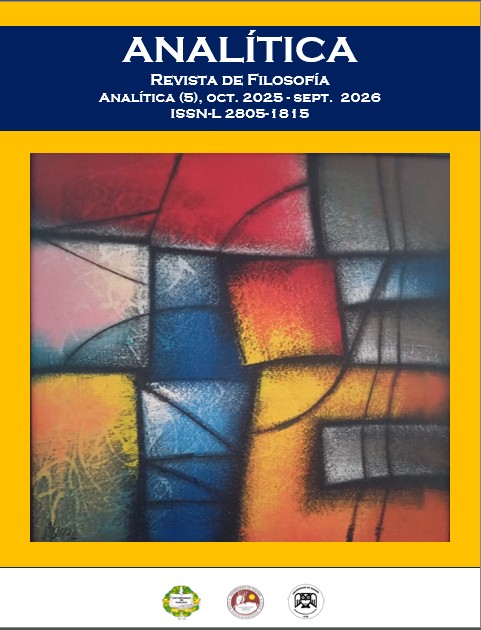

Direitos de Autor (c) 2025 Analítica

Este trabalho encontra-se publicado com a Licença Internacional Creative Commons Atribuição-NãoComercial-CompartilhaIgual 4.0.
Education is a bifurcated process by which knowledge is generated and transferred through learning tangible skills and intangible virtues. This paper uses Amartya Sen’s capability approach to advocate for a normative quality of welfare pursuant to the capability of education. For normative welfare, a particular state of consciousness or midfare must first be achieved. We characterize this midfare as Intellect, which is defined by a set of non-exhaustive virtues that we devise and that prioritize the Finnisian value of knowledge over all other subjective pursuits. We also assess a possible relativist critique to Intellect. The desire is that a working model of Intellect will be implemented within transitioning curricula.